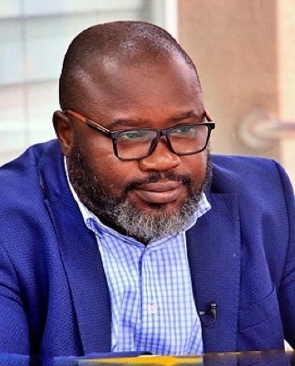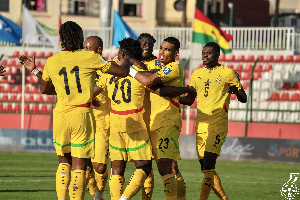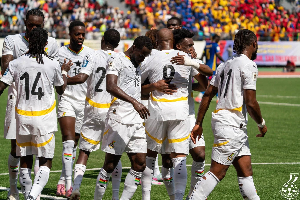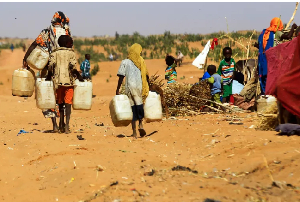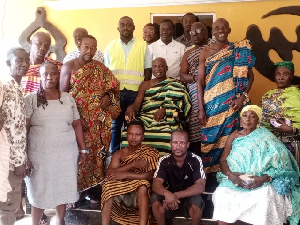Ghana is spending three times more on a Senior High School (SHS) student compared to a basic school student, and 36 percent on the richest 20 percent compared to 12 percent on the poorest 20 percent of learners.
With the Vice-President of the country, Dr. Mahamudu Bawumia, announcing the government’s intention to gift every student under the Free Senior High School (FSHS) policy a tablet to foster academic works, education sector policy think tank Africa Education Watch (Eduwatch) calls for equity in the distribution of the sector’s resources as it seems the second-cycle level is short-changing all others.
According to the civil society organisation, the practice of short-changing the basic for the second cycle at the pre-tertiary level of education started in 2015 when Ghana cancelled free exercise books in basic schools and re-introduced same in SHS in 2017, following the introduction of FSHS policy.
Fast forward, SHS students are already enjoying free exercise books, notebooks, calculators, physical education (PE) kits, school uniforms, and school cloth, which are all good. But these provisions not available in basic schools.
On the flip side, primary schools still do not have all textbooks four years into the introduction of the new curriculum. Also, less than 15 percent of the basic school Capitation Grant (CG) required for this academic year was allocated. This is because the free basic education budget was cut by 40 percent, even as education’s share of the national budget declined to a two-decade low of 12.9 percent due to Ghana’s debt crisis.
“It is great to have tablets for all SHS students as students can access digital content to enhance their learning experience. Eduwatch advocated for this after Wi-Fi was provided in all SHS across the country. The issue is never whether or not the promise of a tablet for 1.3 million SHS students is possible, but its implications on equitable financing of pre-tertiary education in an austerity.
“In 2023, the government increased the free SHS budget by about 30 percent, but this did not cover tablets, which may cost another billion. The government has already provided textbooks, complementary readers, ibox, etc., in SHS, making the need for tablets complementary than urgent, albeit relevant,” Executive Director of Eduwatch, Kofi Asare, said.
He reiterated that contrary to the government’s promises of providing textbooks, less than 30 percent were supplied last year due to financial issues after four years of a new curriculum. He further stated that in such a period of austerity, the government must first find money to provide all needed textbooks and capitation grants for basic schools; and then purchase the tablets when the economic situation improves.
According to UNICEF’s January 2023 report on education financing, Ghana is among other countries that cannot transform its education without improving on equitable spending.
This is because the country is not spending its education resources equitably across sub-sectors and income categories. Therefore, the one-student, one-tablet initiative is great but must be well-timed until the austerity pressures on the sector’s resources ease.
A pilot in about 20 SHSs from urban, peri-urban (with Internet), and rural SHS without Internet should be a great start this year. The lessons from both off and online usage should be useful in enriching a future roll-out, the Eduwatch suggested.
Business News of Wednesday, 25 January 2023
Source: thebftonline.com

